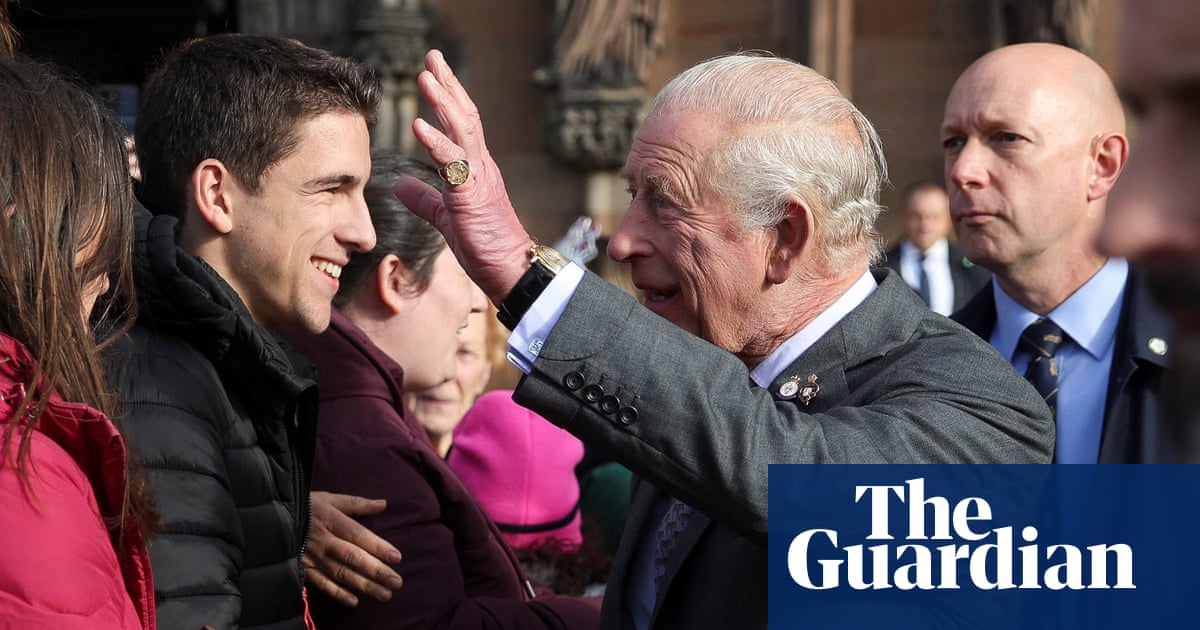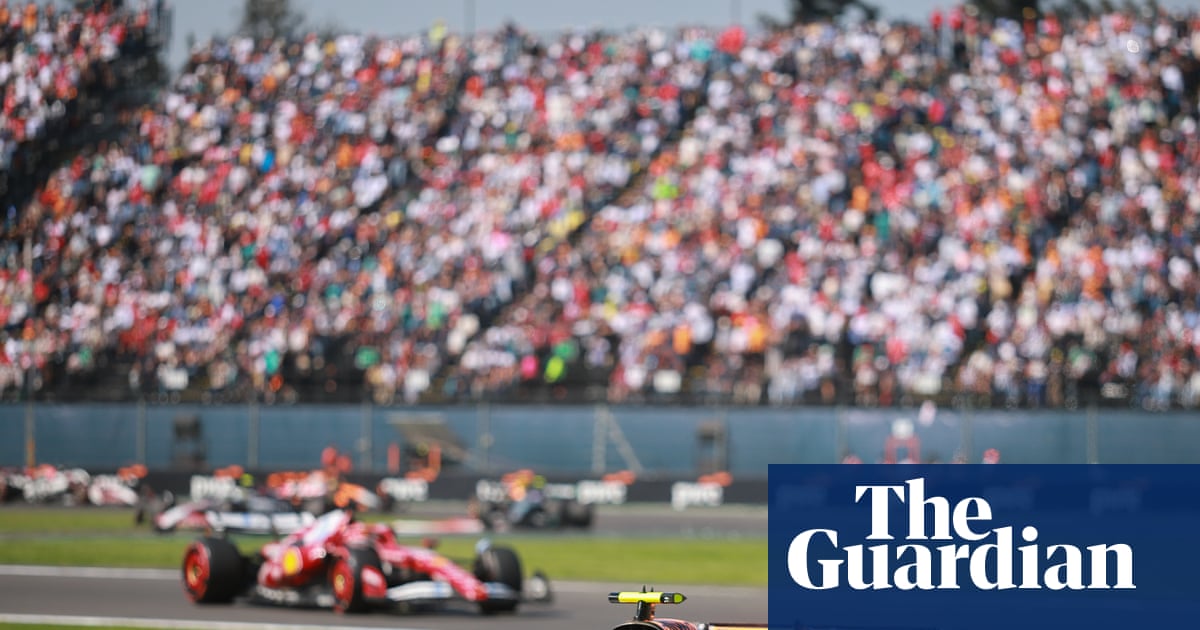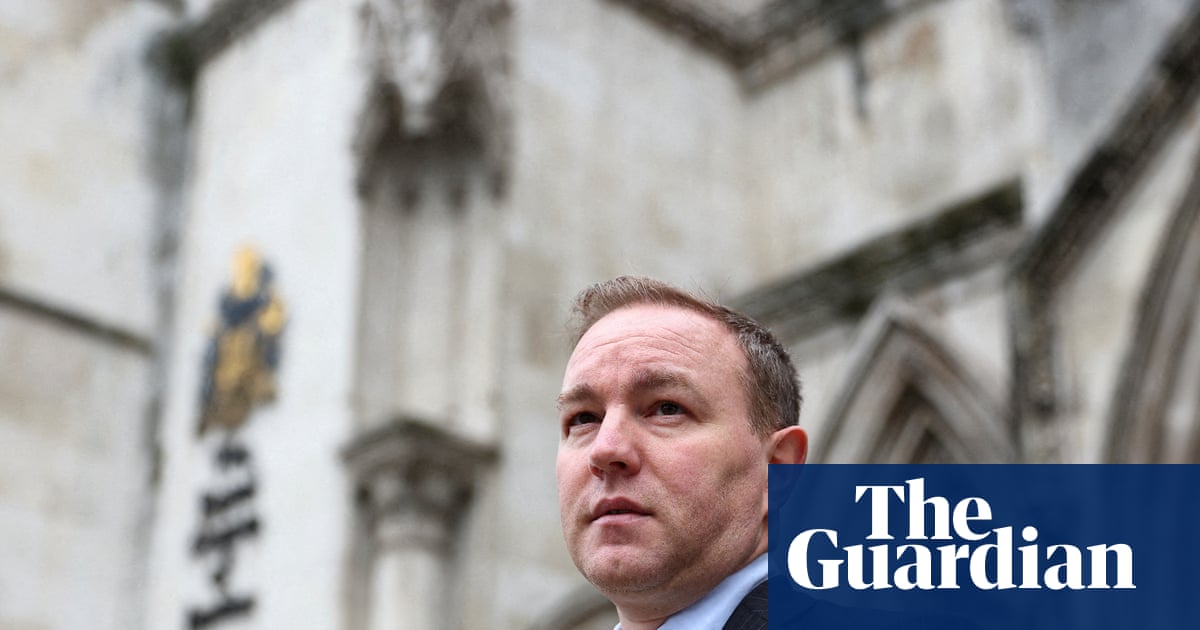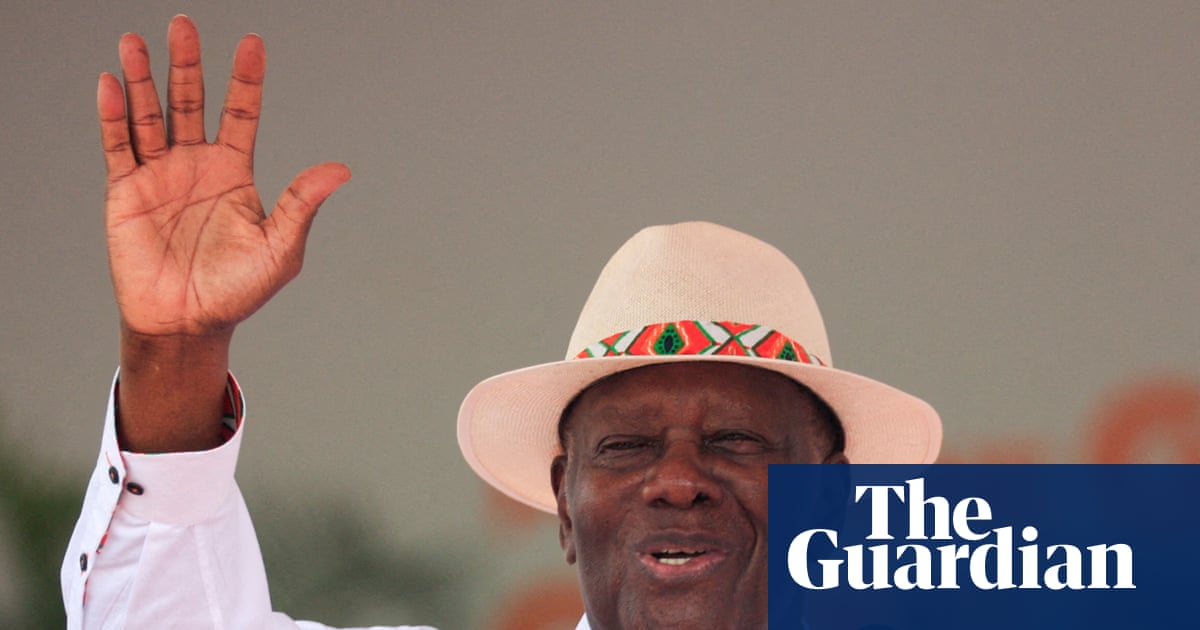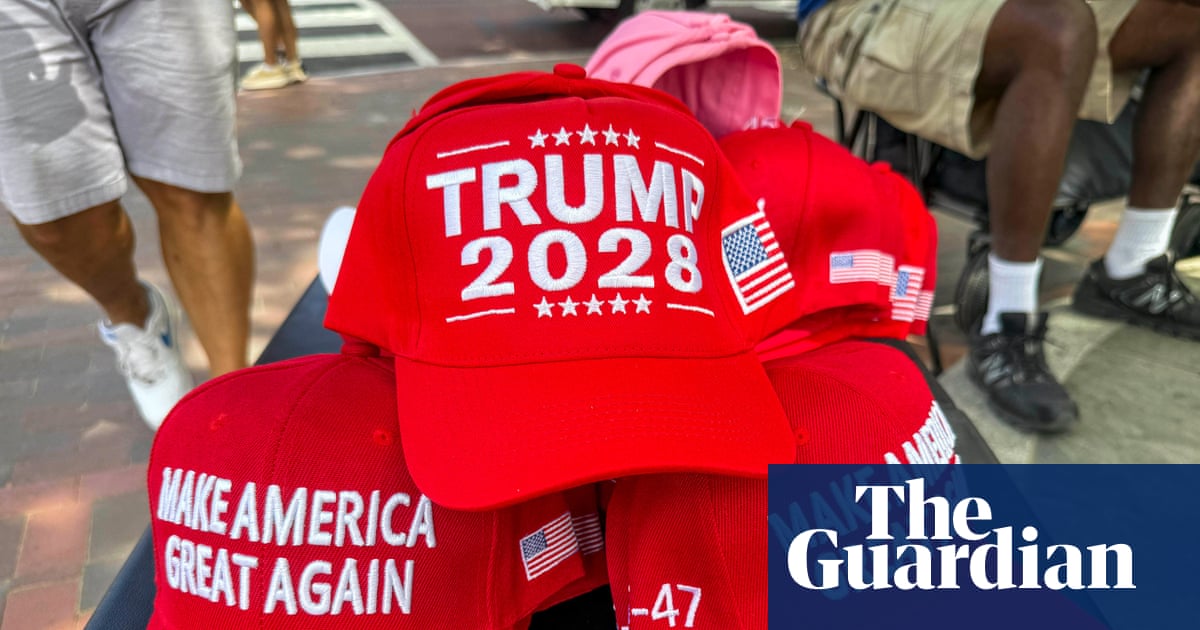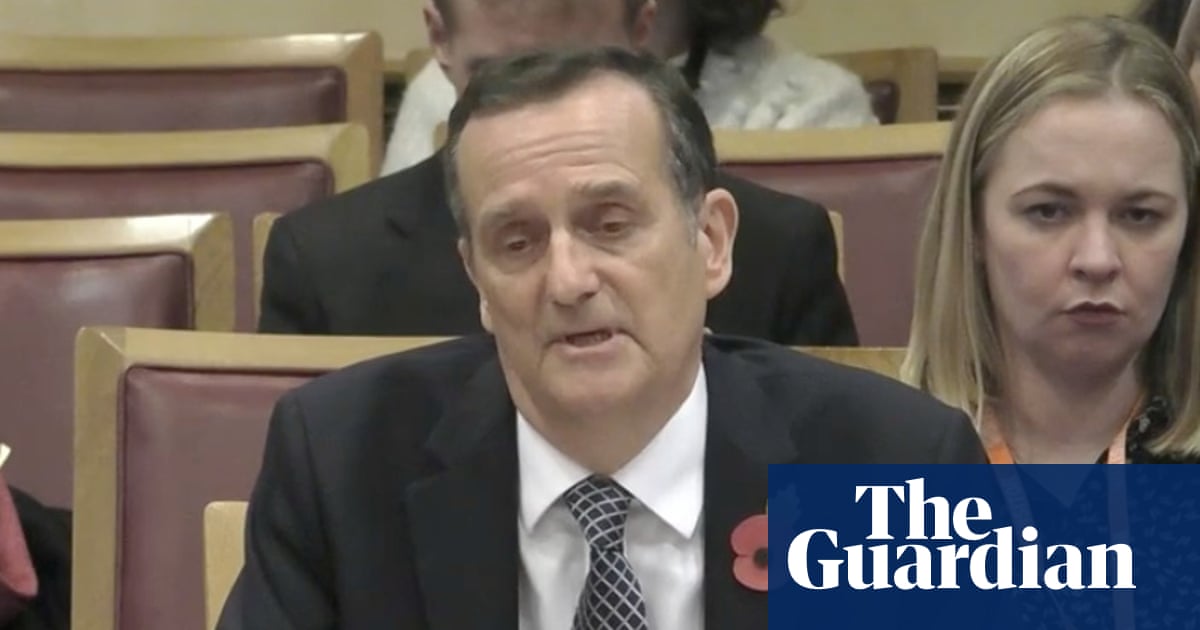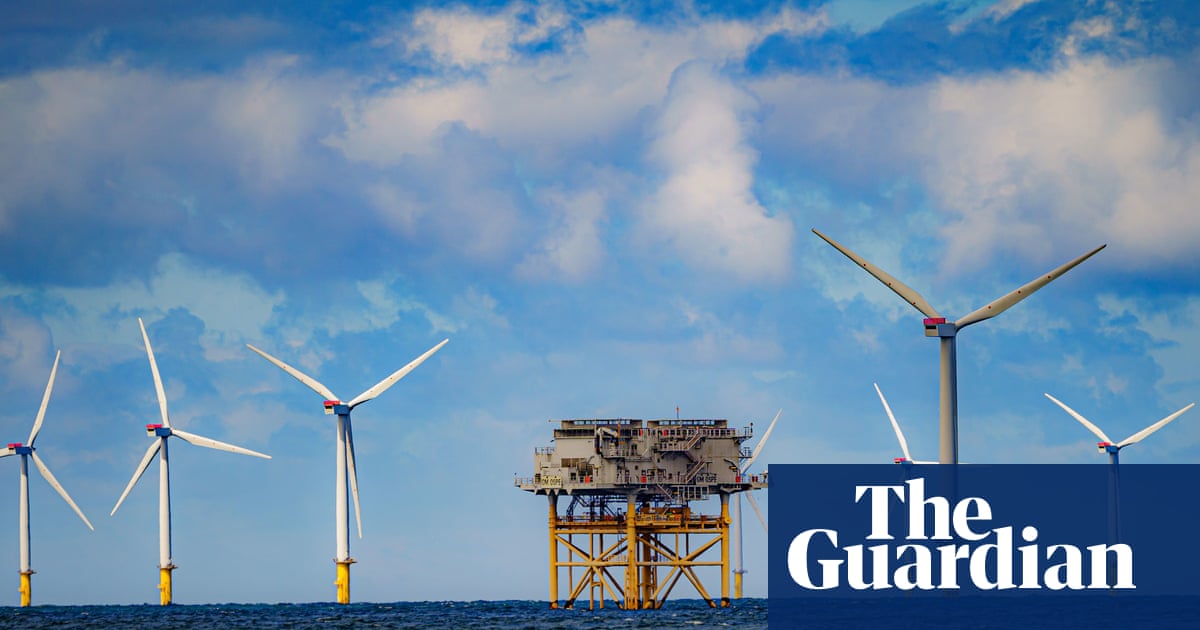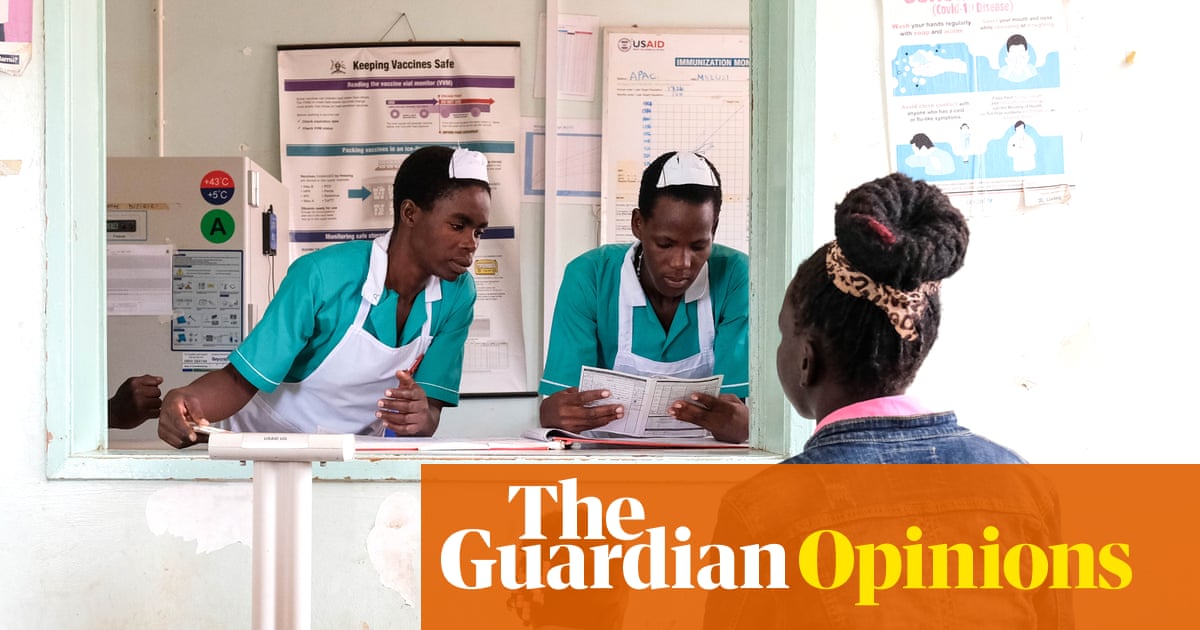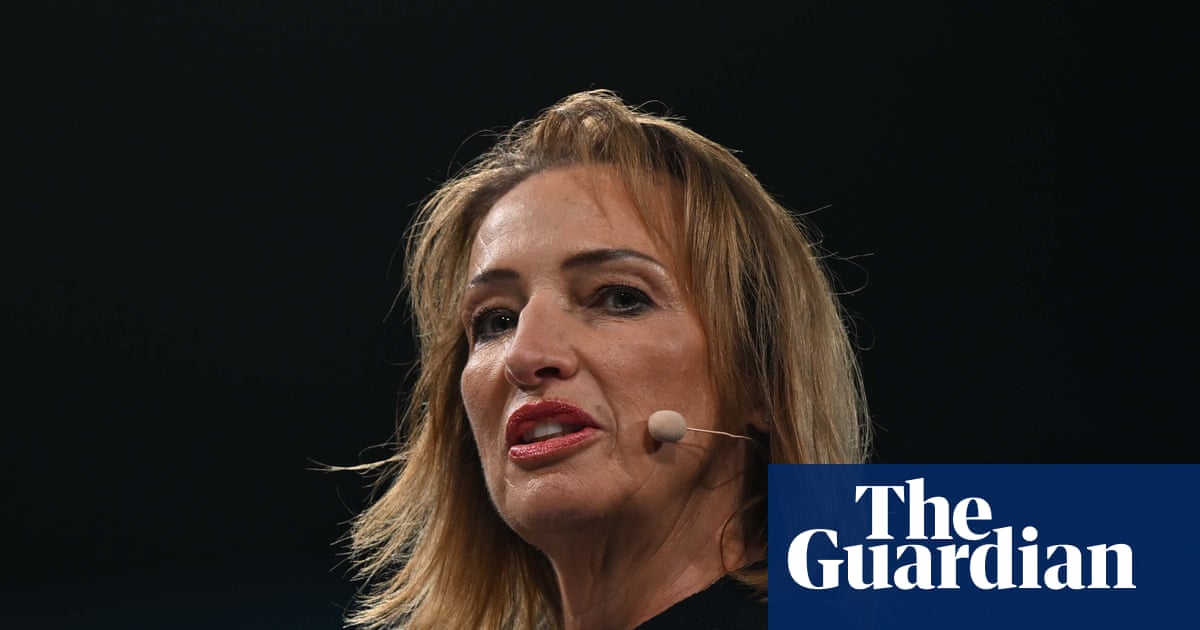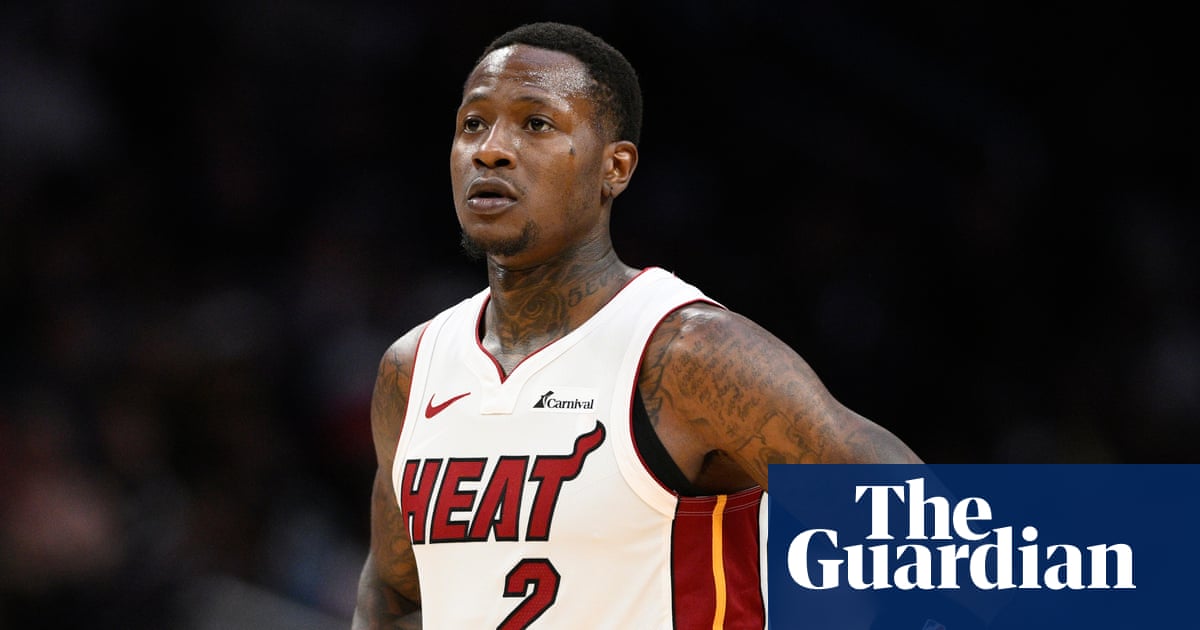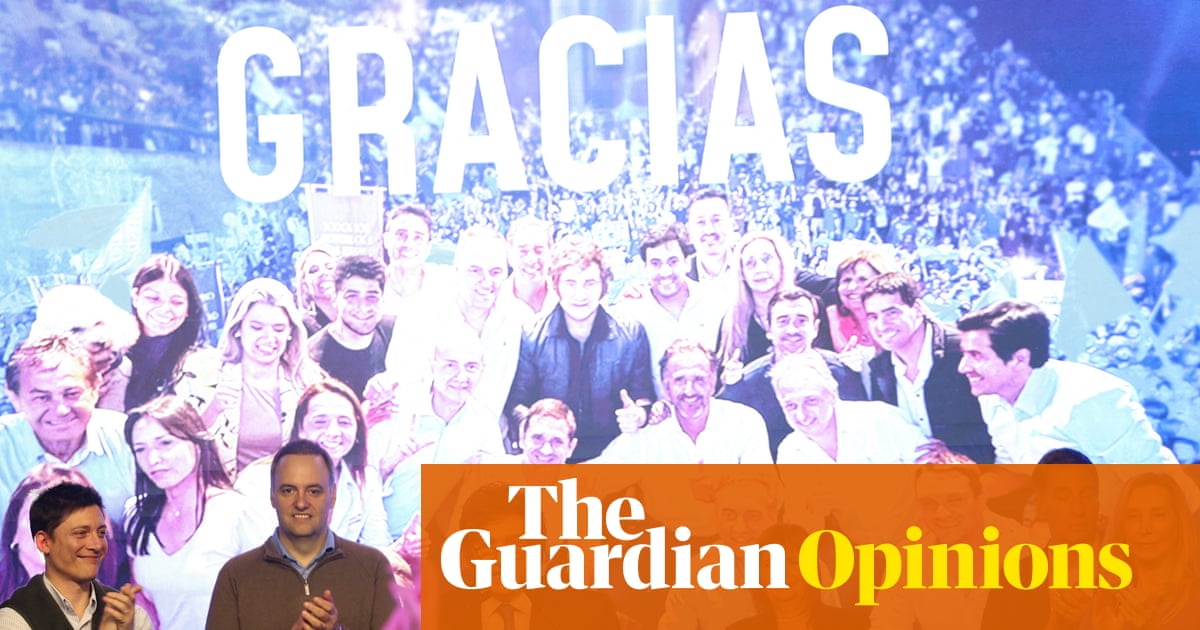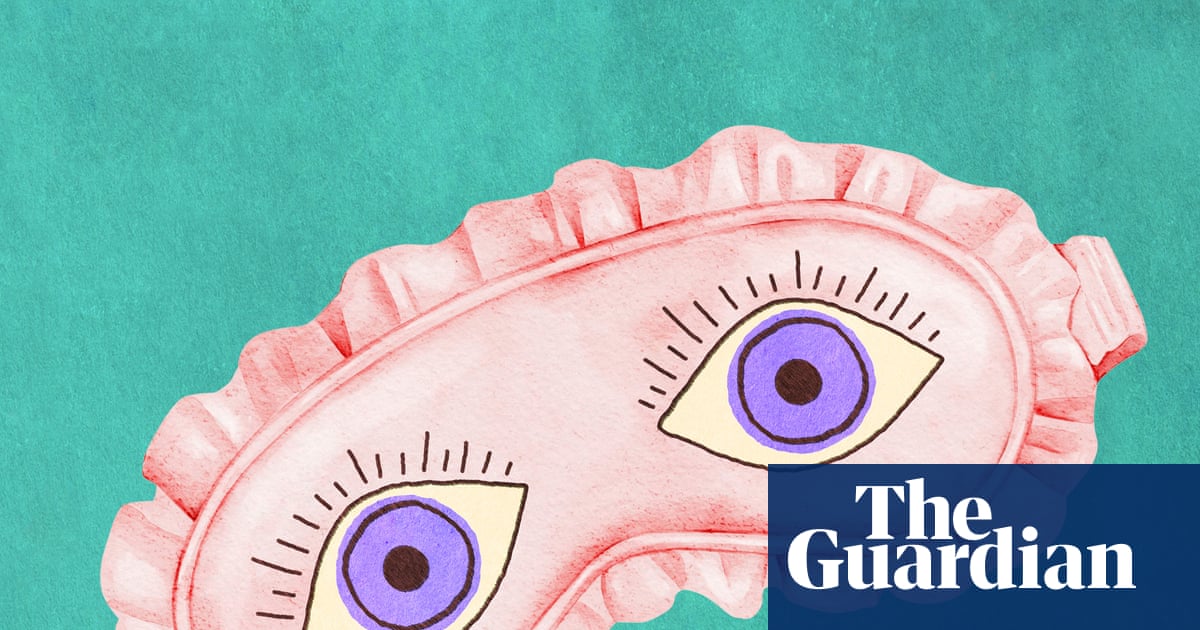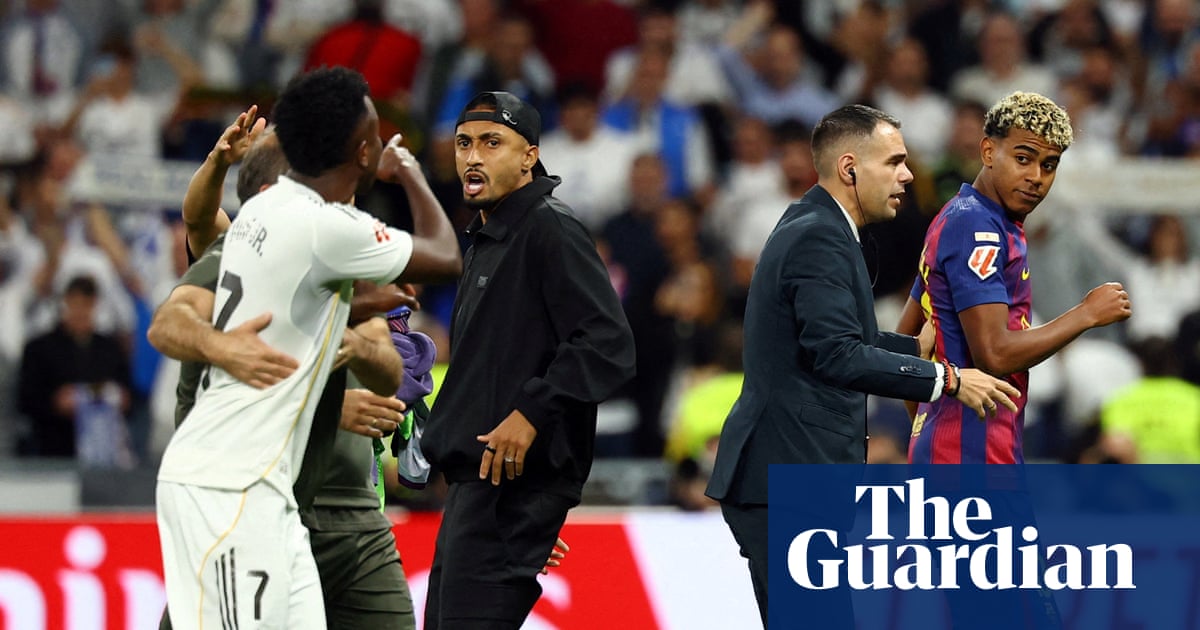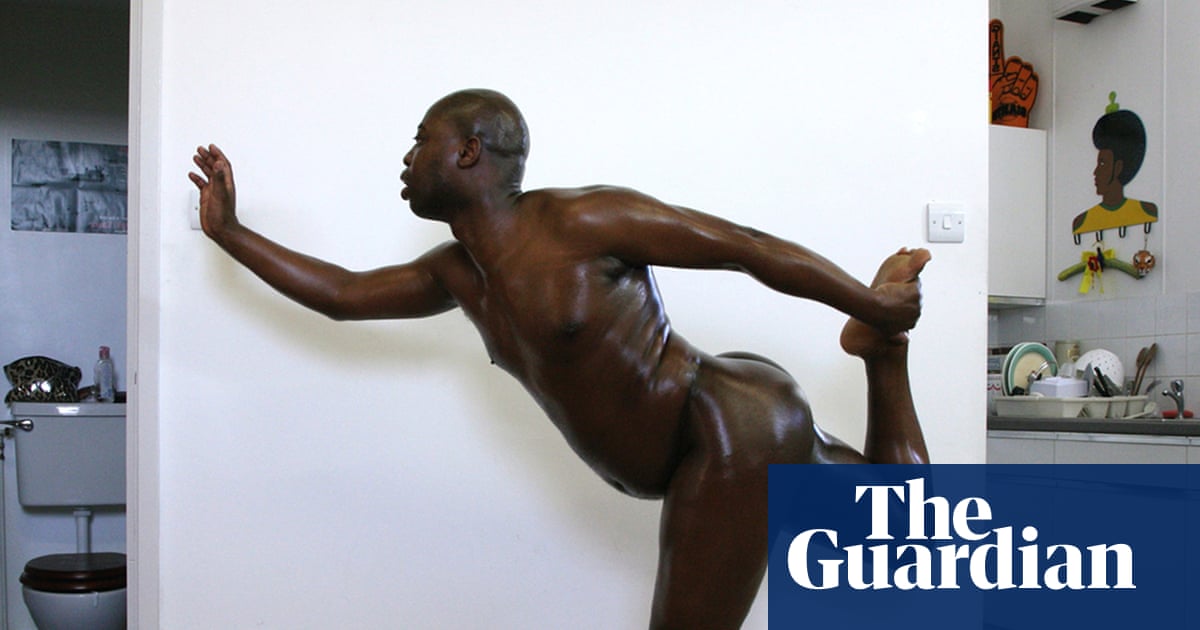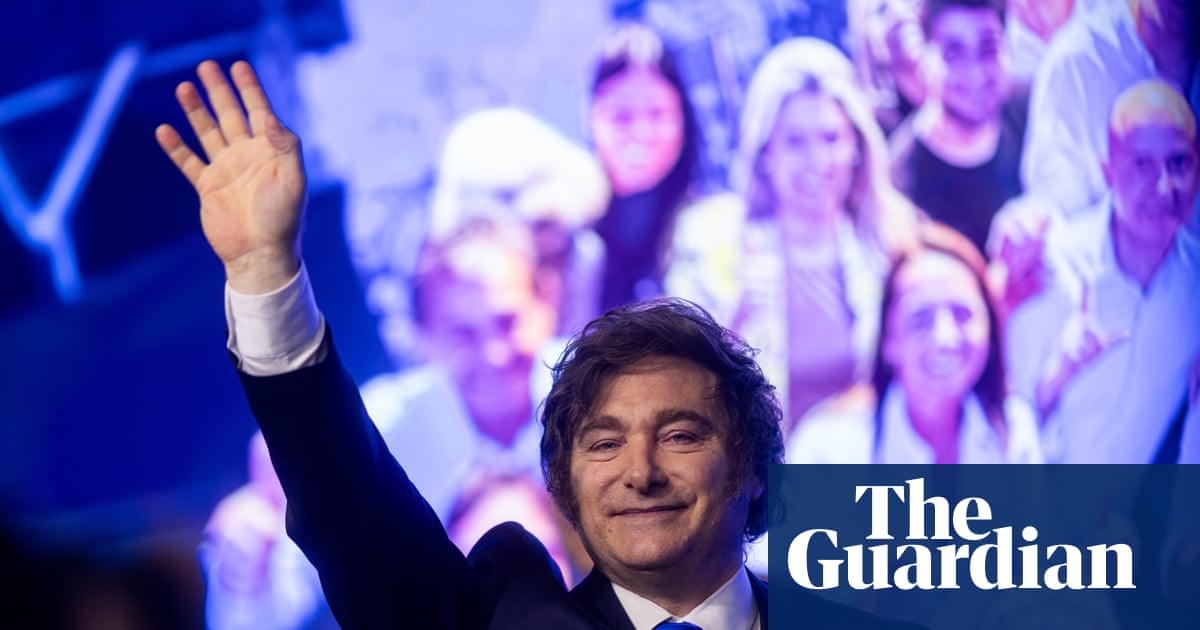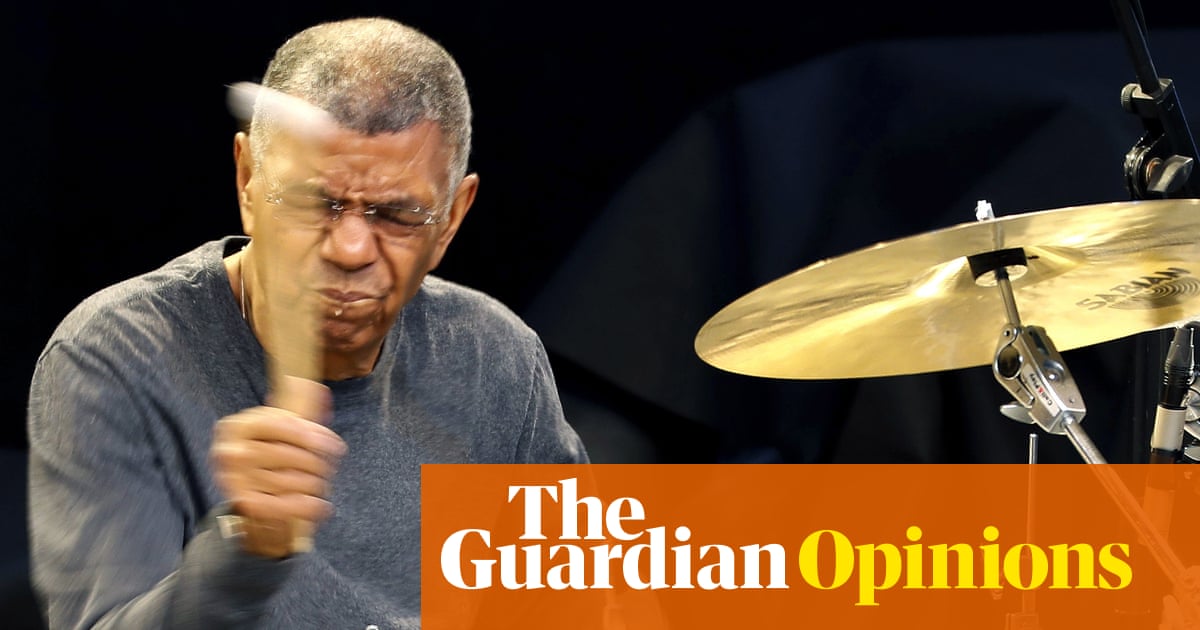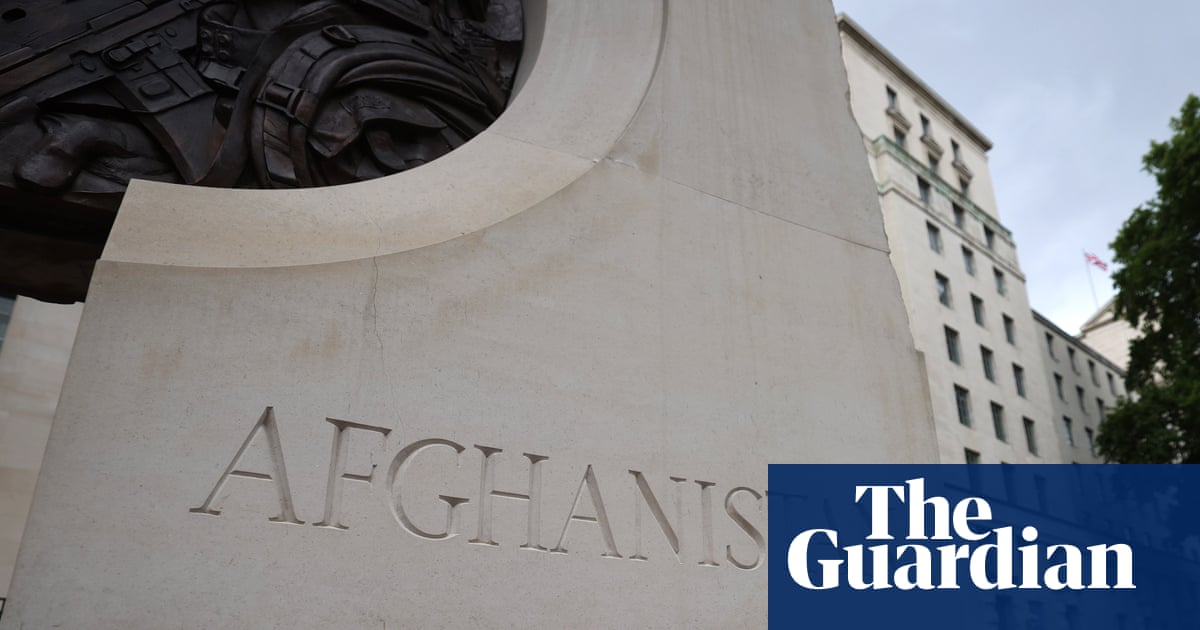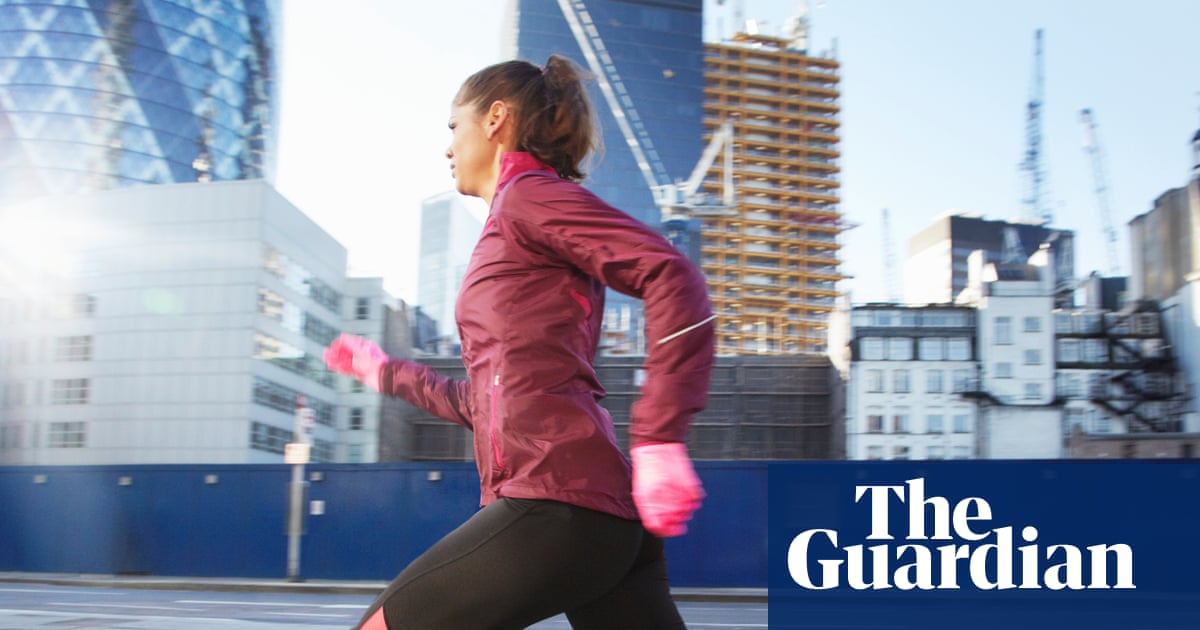Zelenskyy urges leaders to use frozen Russian assets to rebuild Ukraine
Zelenskyy says Ukraine needs a “Marshall plan-style” effort to guide its reconstruction. “We should develop it together,” he says.
He tells leaders that it’s not just charity, but investment:
“Rebuilding Ukraine is not just about our country. It’s also about your countries, your companies, technology, your jobs, the way we rebuild our country can also modernise your infrastructure and industries.”
He then says Europe should “clearly agree that frozen Russian assets should go towards Ukraine’s recovery.”
“Not only the income from these assets, but the assets themselves must be used and much more actively than they are now to help save lives.”
Zelenskyy also picks up Meloni’s earlier point (11:36) and says “only friends are invited to be a part of Ukraine’s economic and technological recovery,” and not “those who are helping Russia continuing this war.”
Key events 7m ago Our consciences cannot rest while Putin attacks civilians in Ukraine, Poland's Tusk says 13m ago 'This is war between civilisation and barbarism,' Poland's Tusk declares 15m ago 'Stay with us on this side of history,' Germany's Merz urges Trump 16m ago Germany's Merz calls out Slovakia for delaying 18th package of EU sanctions against Russia 21m ago Germany 'fully supports' Ukraine's plans for EU accession, Merz declares 27m ago Europe will be on Ukraine's side for 'as long as it takes,' von der Leyen says, as she says EU ready to open accession talks 36m ago €10bn contracts to be signed, Zelenskyy says, as he urges to 'keep pressure on Russia' 39m ago Zelenskyy urges leaders to use frozen Russian assets to rebuild Ukraine 43m ago Zelenskyy talks about ramping up Ukraine's air defence, bringing abducted children back 45m ago 'Increase your investments when Russia increases attacks,' Zelenskyy says 48m ago Daily Russian attacks on Ukrainian cities amount to 'terrorism,' Zelenskyy says 51m ago Meloni calls out Russia for increasing attacks on Ukraine 53m ago Ukraine Recovery Conference - live stream 1h ago We want to send clear message: Ukraine is not alone, Italian foreign minister says 2h ago Leaders arriving for Ukraine Recovery Conference 2h ago Russian activity made 2024 'one of the most challenging in modern history,' Czech intelligence service says 2h ago EU's von der Leyen faces vote of no confidence 3h ago Morning opening: Ukraine accuses Russia of 'escalating terror' Show key events only Please turn on JavaScript to use this feature
Ukraine’s first lady, Olena Zelenska, is up next, talking movingly about the human cost of the continuing Russian aggression.
She warns that “the aggressor has been shelling Ukraine with particular cruelty, night after night, and last night, unfortunately, was no exception.”
“When a building is destroyed, what remains is not only rubble … There are also hundreds of people living grief, relatives, friends and many, many more, living in anxiety, in fear, knowing they could be next.”
She stresses that the Ukrainian people should play a central role in any recovery plan, as she says: “A country without people is not a country, it’s a memorial.”
She quotes a study saying that “more than 80% of Ukrainians are living in a chronic state of stress and emotional pain,” talking about the need to offer mental health support.
Our consciences cannot rest while Putin attacks civilians in Ukraine, Poland's Tusk says
In his comments, Poland’s Tusk also highlights that “Ukraine is not only a country in need, but also a country that inspires, that teaches us courage, resilience … but also innovation,” as he points out to its work on drones and autonomous defence.
He says:
“Ukraine is testing all of them already today, and Nato is learning from Ukraine, and must do so even more in order to strengthen its deterrence.”
He ends with an appeal:
“Our consciences cannot rest while Putin attacks civilian civilians, night after night.
Ending this war must be our common cause.”
'This is war between civilisation and barbarism,' Poland's Tusk declares
Poland’s prime minister Donald Tusk is up next.
He says:
There will be no recovery without victory.
He says today’s meeting is about “how to help Ukraine not only to survive, but to win and to rise again – not only in material terms, but also spiritually and socially.”
He declares:
“Ukraine’s victory is a matter of security for the whole of Europe.
And victory means territorial integrity, sovereignty, and to put it simply, a just and lasting peace.”
Tusk says that “we all now understand that this is not a war just about Ukraine, but a war about Europe … or perhaps even about the world.”
“Fault lines are appearing across the whole globe.
This is a war between civilisation and barbarism.”
He then talks about the Polish support for Ukraine, including on transport, trade, and investment.
'Stay with us on this side of history,' Germany's Merz urges Trump
Merz also says he has a direct message for Washington DC and president Donald Trump, as he urges him to “stay with us, stay with the Europeans.”
“We are on the same page, and we are looking for a stable political order in this world. …
Stay with us, on this side and on this page of our common history.”
Germany's Merz calls out Slovakia for delaying 18th package of EU sanctions against Russia
Contining his speech, Germany’s Merz says that “the ultimate prerequisite for Ukraine’s recovery is, simply, peace.”
He warns that while Ukraine “is committed to achieving a just peace” and agreed to talks, Russia shows daily “that it wants to continue, every intensity, its brutal war of aggression.”
“This has to end,” he says.
He says “it remains our political duty to increase pressure on Russia to change president Putin’s calculations and bring [him] to the negotiating table.”
He then uses the speech to pointedly call out Slovakia and its prime minister, Robert Fico, as he urges him drop his opposition to the 18th package of sanctions against Ukraine.
The message is quite simple, we will not give up.
Germany 'fully supports' Ukraine's plans for EU accession, Merz declares
German chancellor Friedrich Merz is the next speaker and he starts by talking about the postwar recovery of Europe after the second world war.
He says:
“I don’t mean to draw any misleading historical comparisons, but some of the recipes that were applied back then can still serve us when we focus at Ukraine’s recovery today.”
He says Ukraine can count on strong international partners in the process, including Germany, highlighting its support to the Ukraine Energy Support Fund.
He says the Ukrainian Business Development Fund is modelled on Germany’s similar program after the second world war.
Merz also talks about Ukraine’s defence industry, with plans to take “the defence industrial cooperation between our countries to a higher level.”
The German chancellor then turns to Ukraine’s ambitions to join the EU and declares:
To be very clear on this, we fully support Ukraine on its path to EU membership.
Europe will be on Ukraine's side for 'as long as it takes,' von der Leyen says, as she says EU ready to open accession talks
European Commission president Ursula von der Leyen opens her speech by saying Europe has been on Ukraine’s side from day one and “will be on your side for as long as it takes.”
She then talks about EU’s plans to rearm and invest in defence across the continent, including in partnership with non-member states like Ukraine.
She says the EU remains Ukraine’s largest donor, with almost €165bn of support this year alone. She announces further grants – of €1 and €3bn respectively – signed as part of today’s conference.
She then announces a new “flagship” fund for the reconstruction of Ukraine, which she says is the largest equity fund globally to support reconstruction, focusing on energy, transport, critical and raw materials, and dual use industries.
We are literally taking a stake in Ukraine’s future.
She says the EU is joined in the fund by Italy, Germany, France, Poland, and the European Investment Bank.
She then turns to Ukraine’s plans to join the EU, as she declares the commission is “ready to proceed with the next step on the accession path, to open cluster one” of accession negotiations.
“Now we have to act, to move forward for millions of Ukrainians, soldiers, teachers, doctors, farmers, you name it.
For Ukrainians from all walks of life, and for them, the future has two flags: the flag of Ukraine and the flag of Europe.”
€10bn contracts to be signed, Zelenskyy says, as he urges to 'keep pressure on Russia'
Zelenskyy says that “around 200 agreements are ready to be signed” at this conference, with the total value of over €10bn, as he singles out energy as a particular priority for the coming months.
Putin has only two real allies, terror and winter, and we must respond to both.
He adds:
“All of us must keep up the pressure on Russia. All of us must keep working for defence so that we can bring a real ceasefire as soon as possible.”
He ends:
Let’s do everything we can for real peace as soon as possible, just peace. Slava Ukraini.
Zelenskyy urges leaders to use frozen Russian assets to rebuild Ukraine
Zelenskyy says Ukraine needs a “Marshall plan-style” effort to guide its reconstruction. “We should develop it together,” he says.
He tells leaders that it’s not just charity, but investment:
“Rebuilding Ukraine is not just about our country. It’s also about your countries, your companies, technology, your jobs, the way we rebuild our country can also modernise your infrastructure and industries.”
He then says Europe should “clearly agree that frozen Russian assets should go towards Ukraine’s recovery.”
“Not only the income from these assets, but the assets themselves must be used and much more actively than they are now to help save lives.”
Zelenskyy also picks up Meloni’s earlier point (11:36) and says “only friends are invited to be a part of Ukraine’s economic and technological recovery,” and not “those who are helping Russia continuing this war.”
Zelenskyy talks about ramping up Ukraine's air defence, bringing abducted children back
Zelenskyy also repeatedly thanks partners for their help so far, saying it is thanks to their help it was able to start building a modern air force.
“We’ve done it in record time. No other country has switched from Soviet aircraft to F-16 and Mirages this quickly,” he says.
He also raises again the issue of Ukrainian children illegally abducted by Russia during the war.
“We must explore every possible way to bring our children back home to their families, to Ukraine, so they don’t forget who they are,” he says.
'Increase your investments when Russia increases attacks,' Zelenskyy says
Zelenskyy then calls out Russia’s claims it was ready for talks and false accusations that Ukraine was not willing to engage as “propaganda.”
Repeatedly referencing last night’s attacks on Ukraine and Kyiv, he says:
“Now everyone sees that Putin has rejected every peace proposal and is escalating the violence,” he says.
He talks about the need to step up Ukraine’s air defence systems, as he says:
I urge all our partners: increase your investments when Russia increases its attacks.
Daily Russian attacks on Ukrainian cities amount to 'terrorism,' Zelenskyy says
Ukraine’s Volodymyr Zelenskyy is speaking next.
He thanks hosts and partners for supporting Ukraine.
But he then warns them:
“Russia has also prepared for this meeting. Just last night, they launched another massive attack on Ukraine, manly targeting our capital Kyiv.
Ukrainians now face attacks by hundreds, hundreds of these drones, every single night.
And this is pure terrorism.”
He explains:
“This is exactly what Putin wants, for our people to suffer, to flee Ukraine, and for homes, schools, for life itself to be destroyed everywhere, not just near the frontlines.”
Meloni calls out Russia for increasing attacks on Ukraine
Italian prime minister Giorgia Meloni is up next.
After a few words of welcome in English, she too switches to Italian.
She says the high attendance with more than 70 national representations and thousands of companies and civil society representatives “shows … what kind of future we all together want for Ukraine and we are so convinced we will reach it.”
“We want to look beyond the unbearable justice that for more than three years has been inflicted on the Ukrainian people. And we now have to imagine Ukraine that is rebuilt, free and prosperous,” she says.
She then pointedly calls out Russia for “increasing its attacks” against civilians and civilian infrastructure, praising Ukrainian resilience against continuing attacks.
She says the event like today’s conference will also serve to make sure that people who helped the Russian war machine will not benefit from its reconstruction.
“Our task is to help Ukraine. We will do it, to rewrite this new chapter of its history,” she says.
Meloni says the participants of the conference will sign new contracts on funding Ukrainian recovery, with new agreements involving Italian firms such as energy company Enel and aerospace and defence company Leonardo.
She directly addresses European companies and tells them “do not be scared of investing in Ukraine” as she says “it is an investment … in a nation that has shown resilience, but also an investment in peace, and in the growth of Europe as a whole.”
“I’d like to think that this conference is going to be the starting point for the economic miracle of Ukraine.
We will build that miracle together with you.”
Ukraine Recovery Conference - live stream

Jakub Krupa
You can follow the welcome speeches in our live stream below, but I will bring you all the key lines here.
We want to send clear message: Ukraine is not alone, Italian foreign minister says
Italian foreign minister Antonio Tajani is opening the Ukraine Recovery Conference in Rome now.
We want to host this event today and tomorrow, because we believe in Ukraine.
He adds:
This meeting is not only an economic meeting, we want to send a clear message: Ukraine is not alone.
We want to back your freedom, your independence.
He then turns to Italian and speaks about the importance of starting Ukraine’s recovery already during the war to support its critical infrastructure, including electricity grid stability.
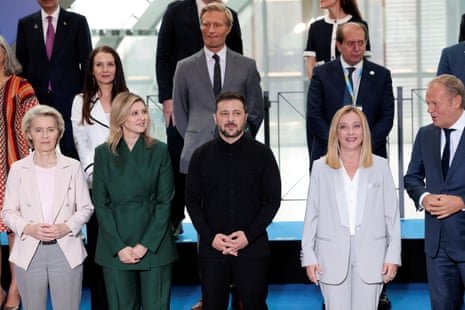
Leaders arriving for Ukraine Recovery Conference
I am keeping an eye on the arrivals at the Ukraine Recovery Conference in Rome.
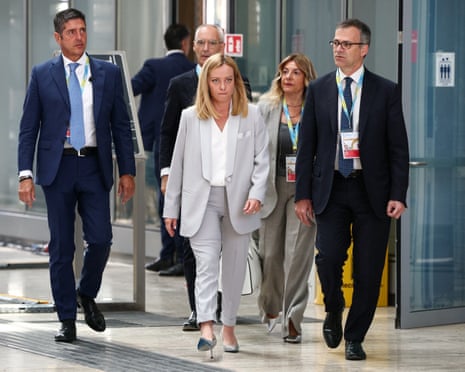
In the next hour we should hear from the host, Giorgia Meloni, but also a long list of international guests, including Ukrainian president Volodymyr Zelenskyy, European Commission president Ursula von der Leyen, German chancellor Friedrich Merz, and Polish prime minister Donald Tusk.
There appears to be a slight delay to the proceedings and Meloni is only welcoming the international guests now – met with Tusk just seconds ago – but I will bring you the news lines as soon as they start.
Russian activity made 2024 'one of the most challenging in modern history,' Czech intelligence service says
As a result of increased Russian activity – including sabotage planning, attempted sanction evasion, state-backed cyber-attacks and disinformation – 2024 was “one of the most challenging in the modern history of the Czech Republic in terms of security,” the head of the country’s security services Michal Koudelka said.
In its annual report published today, the Security Information Service, or BIS, said Russia “continued in its attempts to restore broader espionage structures” under the diplomatic cover of its embassy in the Czech Republic.
In addition to its officers, the Russian intelligence services recruited other people, including a named Belarusian asylum seeker who was allegedly paid by the Russian GRU in cryptocurrency to publish pro-Russian propaganda.
The Czech agency also warned about the growing number of cases of people “with no direct connection to Russia” recruited from organised crime groups through online advertisement, particularly on Telegram, which is dubbed “Telegram agents.”
It noted that Russian recruiters particularly targeted poorer economic migrants from outside the EU, and added that Russian intelligence services often used further intermediaries in the process, so the person hired for the job may not even be aware of the Russian involvement.
The report said such people were usually tasked with a wide range of activities, including “transporting people or packages, photographing and filming sensitive objects … to arson attacks.”
It particularly referenced last year’s arson attack at Prague’s Klíčov bus depot, which it said was carried out by a Colombian citizen who was offered money through internet.
The report also mentioned some hostile activity from China, including attempts to “find sympathisers who would promote China’s interests, suppress Czech-Taiwanese cooperation, and [act to] not raise the issue of human rights in China.”
EU's von der Leyen faces vote of no confidence

Jennifer Rankin
Separately, we will be looking at the vote of no confidence in Ursula von der Leyen’s European Commission in Strasbourg.
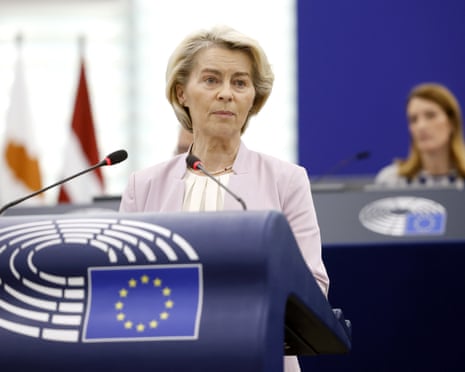
Our Brussels correspondent Jennifer Rankin wrote this explainer on what’s at stake.
Here is what she says:
Von der Leyen is expected to comfortably survive a vote on Thursday on the censure motion, which in theory could trigger the downfall of her commission.
While her survival is considered a certainty, the debate has lifted the lid on simmering discontent among centrist, centre-left and green MEPs who voted her back into office just under one year ago, after elections that gave rightwing nationalists their best-ever results.
But behind the scenes, her officials are worried that a large number of no-shows and abstentions from mainstream groups could damage her standing in the vote.
Morning opening: Ukraine accuses Russia of 'escalating terror'

Jakub Krupa
Russia launched around 400 drones and 18 missiles against Ukraine overnight, with Ukrainian president Volodymyr Zelenskyy saying the recent attacks mark “a clear escalation of terror” by Moscow.
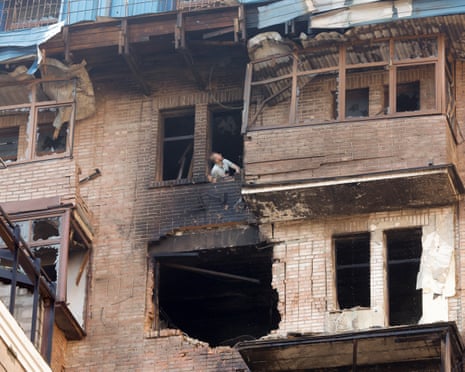
He said:
“Hundreds of ‘shaheds’ every night, constant strikes, and massive attacks on Ukrainian cities.
This demands that we speed things up.
Sanctions must be imposed faster, and pressure on Russia must be strong enough that they truly feel the consequences of their terror.”
The attack comes just hours before Zelenskyy meets with international parts at the Ukraine Recovery Conference in Rome and talks to allies in the Coalition of the Willing.
In an early morning post, he said the talks will focus on "additional funding for the production of interceptor drones and the supply of air defence systems for Ukraine.”
“The objectives are absolutely clear. Such Russian attacks must be met with a tough response. And that is exactly what we will deliver.”
It’s Thursday, 10 July 2025, it’s Jakub Krupa here, and this is Europe Live.
Good morning.

 3 months ago
56
3 months ago
56
